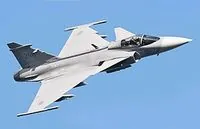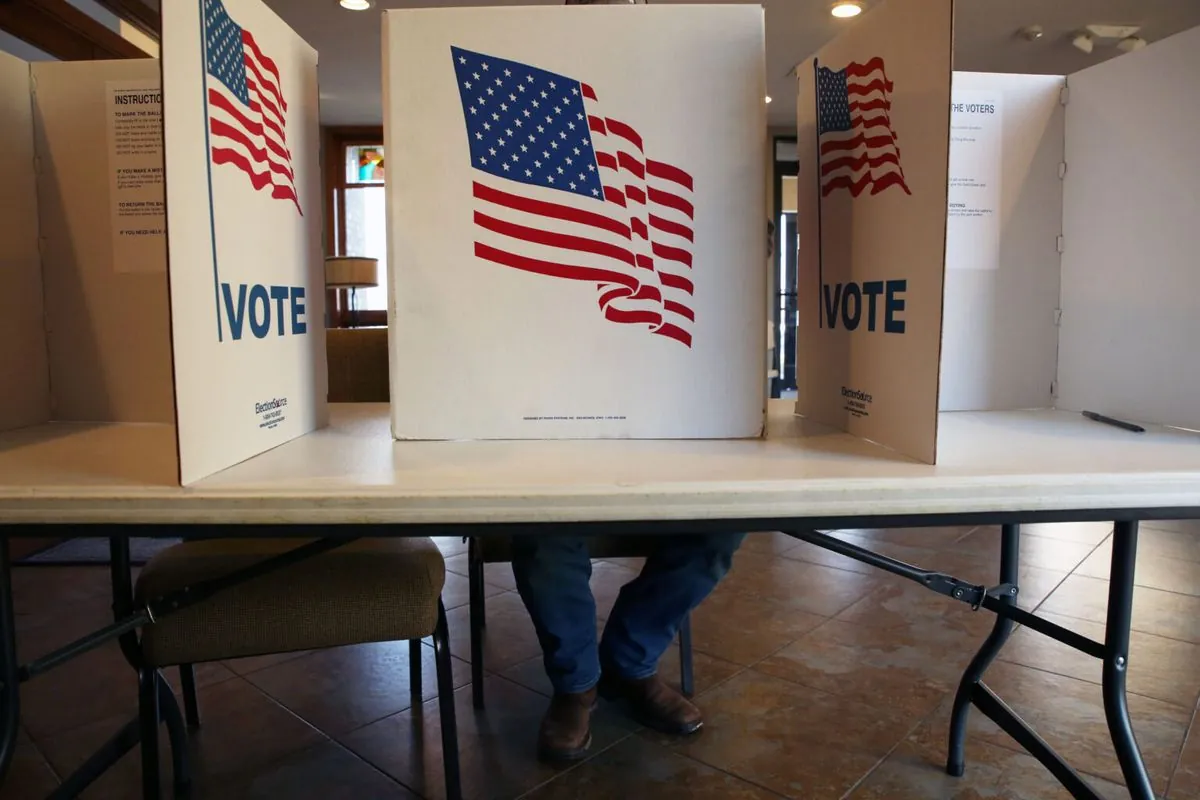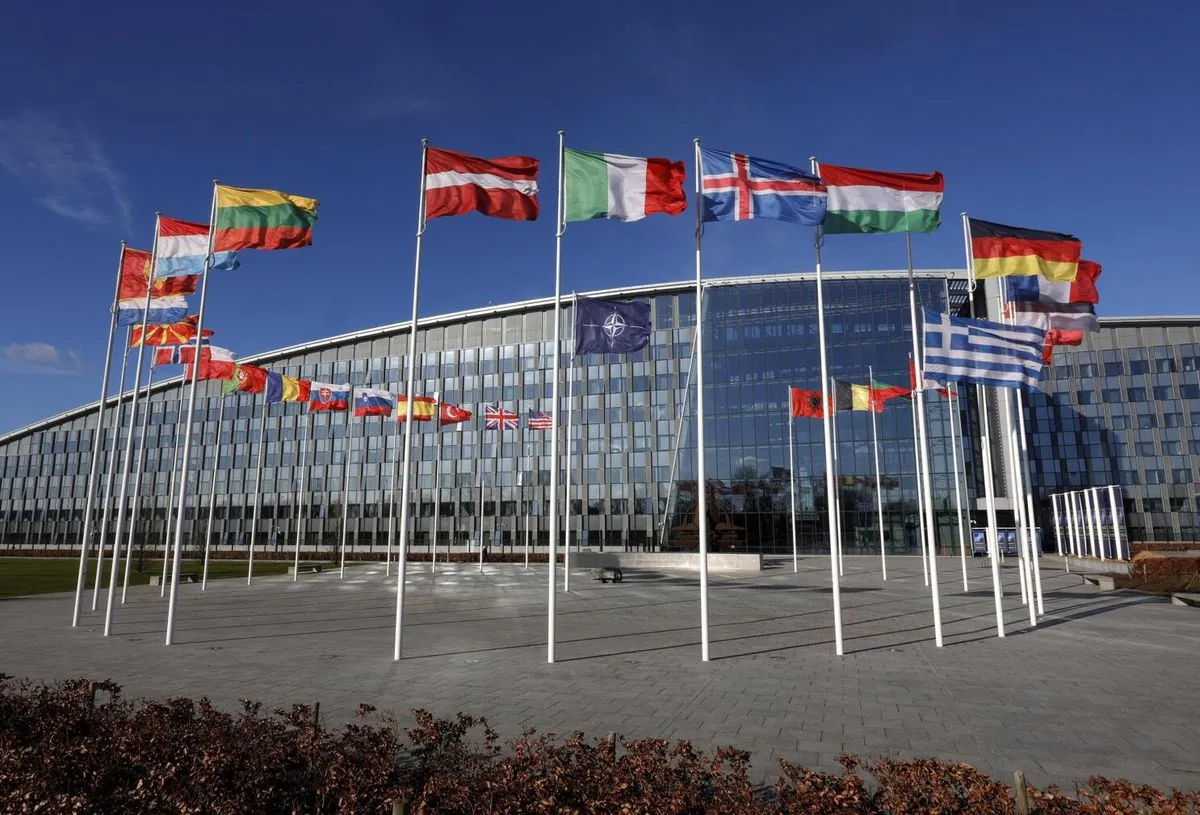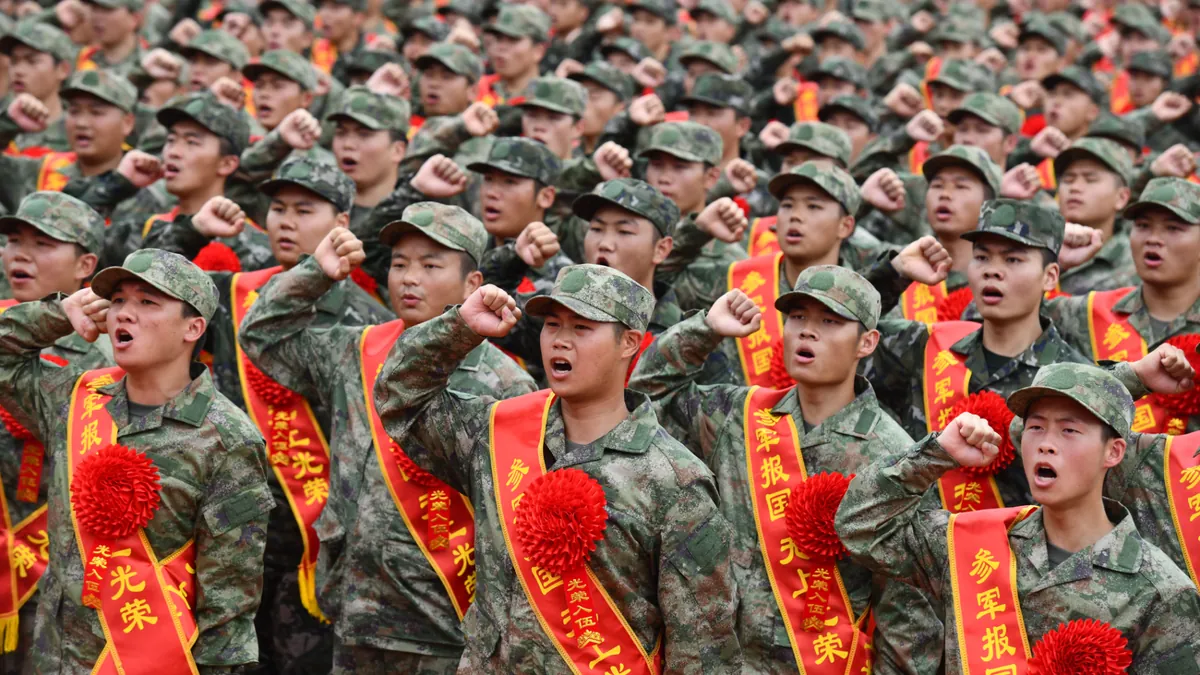North Korea Slams US-Allied Military Drills at UN Assembly
North Korea condemns US and allies for military exercises in Asia-Pacific during UN General Assembly. Less powerful nations criticize UN and Western powers, calling for inclusive global governance.
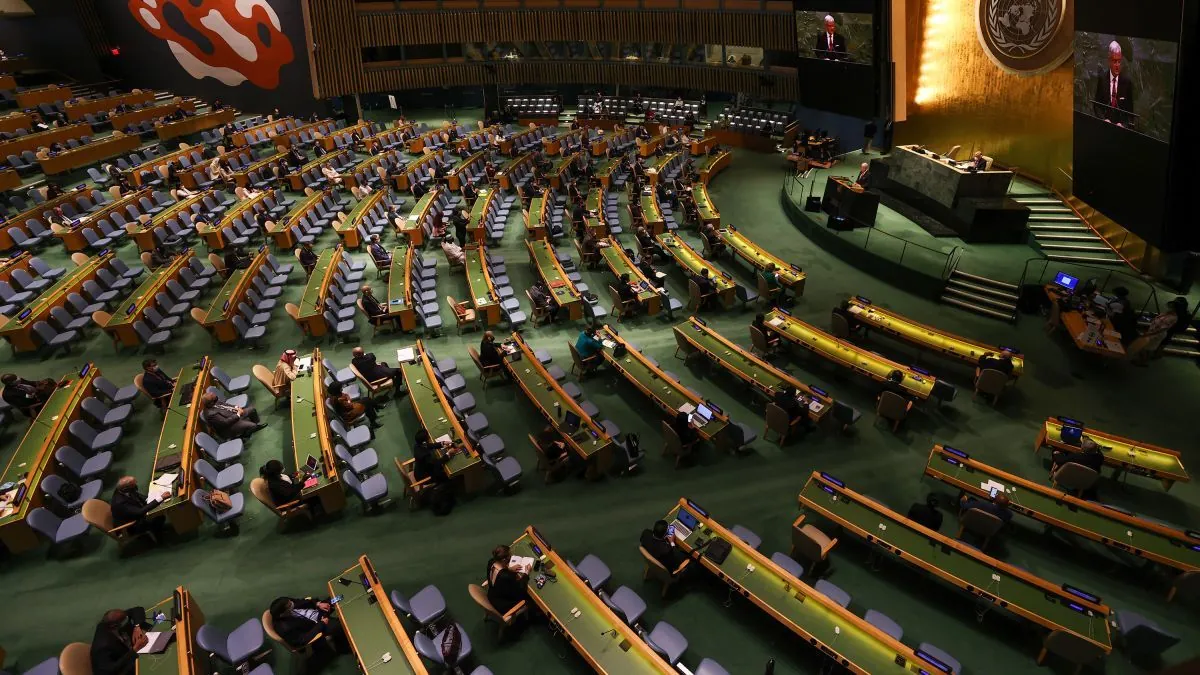
At the recent United Nations General Assembly, Kim Song, North Korea's UN Ambassador, voiced strong criticism against the United States and its allies for their military activities in the Asia-Pacific region. This high-level meeting, which concluded on September 30, 2024, saw representatives from various nations addressing global concerns.
Kim Song accused the US of "stirring up military confrontations" through war games in the region. He also claimed that there was incessant talk about regime change in North Korea, a nation that has long been diplomatically isolated. The ambassador indicated that North Korea was taking unspecified measures to enhance its defense capabilities.
This condemnation comes in response to the large-scale military exercise conducted by US and South Korean forces in August 2024. These annual drills, aimed at strengthening combined defense capabilities against North Korea's nuclear threat, have been a point of contention for years. North Korea consistently views these exercises as preparation for invasion.
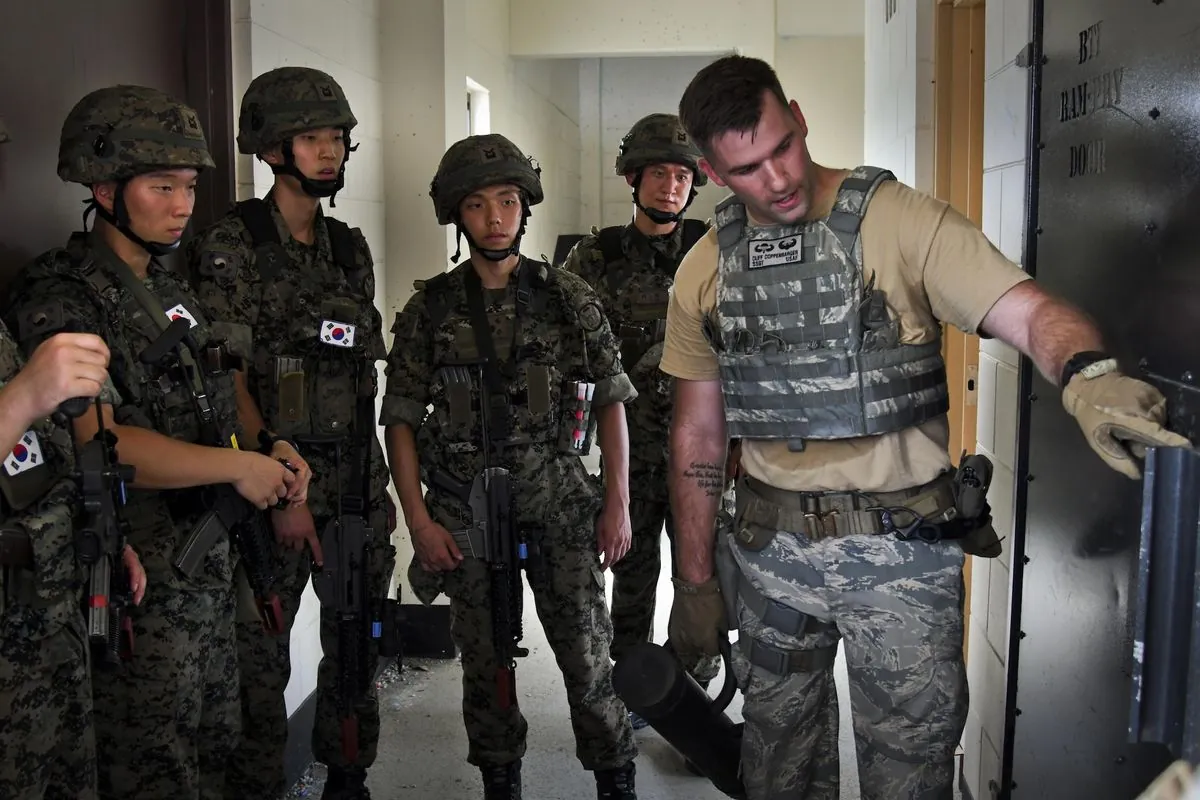
It's worth noting that the Korean Peninsula has been in a technical state of war since the 1950-1953 Korean War ended with an armistice rather than a peace treaty. This ongoing tension has shaped the region's geopolitical landscape for over seven decades.
In a rebuttal, South Korea's deputy UN Ambassador, Sangijn Kim, defended the joint exercises as necessary for protecting their citizens from North Korea's military threats. He emphasized that it was their duty to maintain a robust defense posture.
The assembly also highlighted the absence of representatives from Myanmar and Afghanistan, both facing political upheavals. The Taliban's takeover of Afghanistan in August 2021 and Myanmar's military coup in February 2021 have left these nations in a state of UN limbo.
Several less powerful nations used the platform to criticize the UN and Western powers. Burkina Faso's Foreign Minister, Karamoko Jean Marie Traore, described the UN's concept of multilateralism as "exhausted" and called for more inclusive global governance.
Syria's Foreign Minister, Bassam Sabbagh, claimed that the UN's brand of multilateralism has ceased to function effectively. He cited recent events in Gaza following the October 7, 2023 Hamas attack on Israel as evidence of what he termed "terrorist" crimes by Israel.
The United Arab Emirates' Foreign Minister, Shekh Shakhboot Nahyan al-Nahyan, reminded the assembly that "even wars have rules," emphasizing the importance of adhering to international law.
As the UN marks its 79th year since its founding in 1945, these discussions reflect ongoing challenges in maintaining global peace and security. With 193 member states as of 2024, the UN continues to serve as a forum for nations to address international issues, despite criticisms of its effectiveness.
"To our invaders, those interventionists that are dressed in sheepskin, that have the faces of wolves, we are peoples rich in culture, resources and community models. We are rich in values that have been disowned, distorted, slandered or worn down. We will not allow ourselves to be converted into needy beggars."
This statement reflects the sentiment of smaller nations asserting their sovereignty and cultural identity in the face of perceived global power imbalances.
As the assembly concluded, it was clear that the challenges of maintaining international peace, addressing nuclear proliferation, and ensuring equitable global governance remain at the forefront of diplomatic discussions.

























